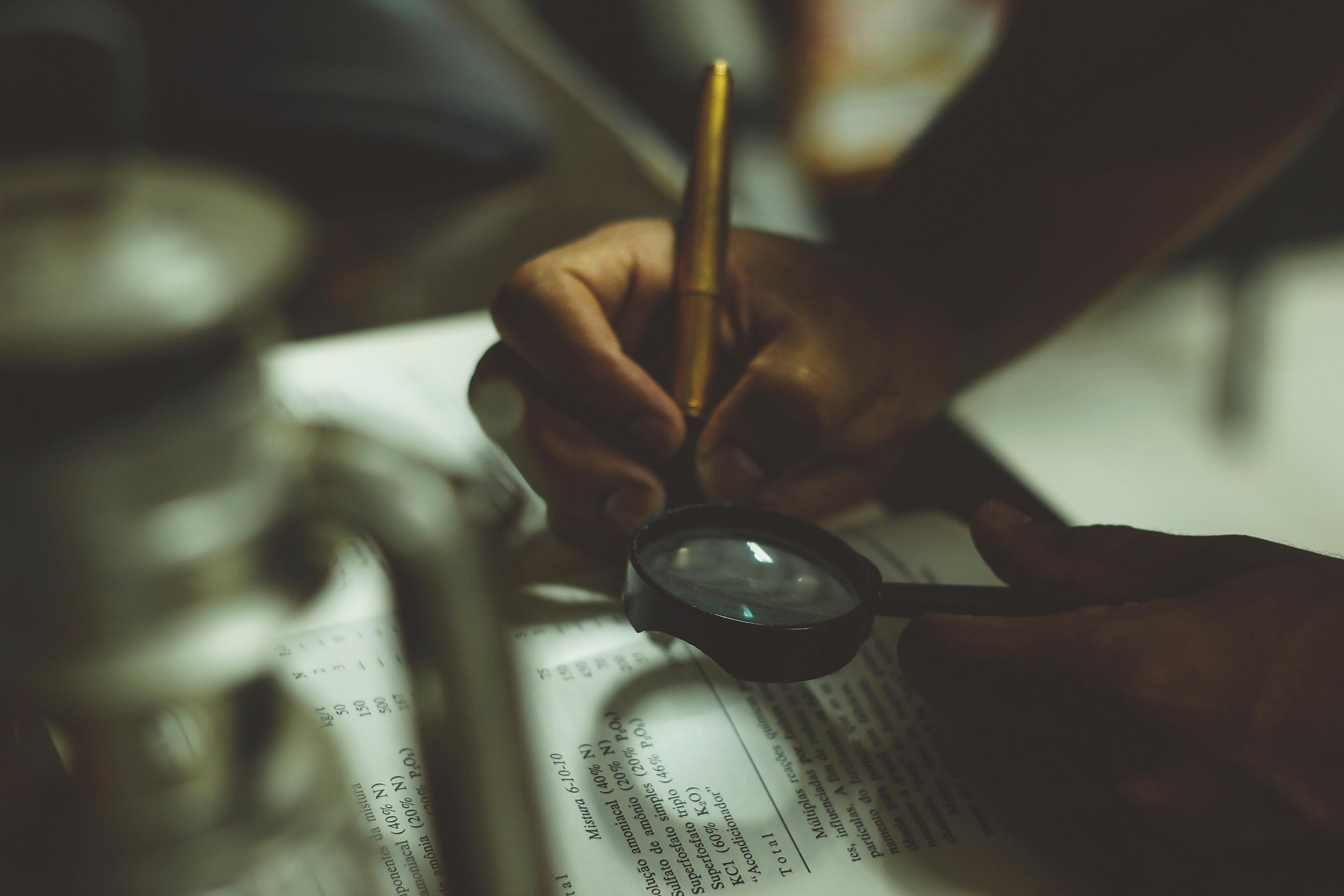Unep’s news desk recently reported that Kenya’s Lake Bogoria contains an unusual array of microbes and micro organisms from which enzymes have been produced for use in antibiotics and cleaning products. The, tiny organisms like those found in Bogoria are the basis of the multi-million dollar global biotech industry.
The Nagoya Protocol on access and benefit sharing, addresses “biopiracy” of genetic resources; that is, their biotechnological utilization in violation of either the provider country legislation or mutually agreed contractual obligations. Biopiracy is defined as a problem resulting from a distributive conflict between provider and user countries, the practical difficulties of monitoring the utilization of genetic resources in a transnational context, and the pervasive scientific uncertainty about the nature and extent of the problem. Kenya has ratified the Protocol.
The local people therefore stand to benefit from this discovery. The Endorois people, have lived beside, and been custodians of the lake for centuries. The lake has deep spiritual and cultural significance for them. “Microbes or micro-organisms are natural capital,” says UN Environment ecosystems expert Levis Kavagi.
It will be interesting to see how benefits derived from the harvesting and use of the microbes and micro organisms will be shared between the researchers and the local communities. Kenya is yet to pass laws at national level that will help in the implementation of the provisions of the Nagoya Protocol. this is turn puts the local communities in a precarious position.
In the past, a British University harvested some micro-organisms from the lake, and in 1995 sold them to companies in the Netherlands and the United States. Those companies were later sued by the Kenyan government for not sharing the financial benefits of their subsequent innovations with Kenya. this was before the Nagoya Protocol had been put in place.
UN Environment and partners are working with the Endorois and other communities to ensure they receive their fair share of any resources from the lakes. They also want people to look after the ecosystems.

